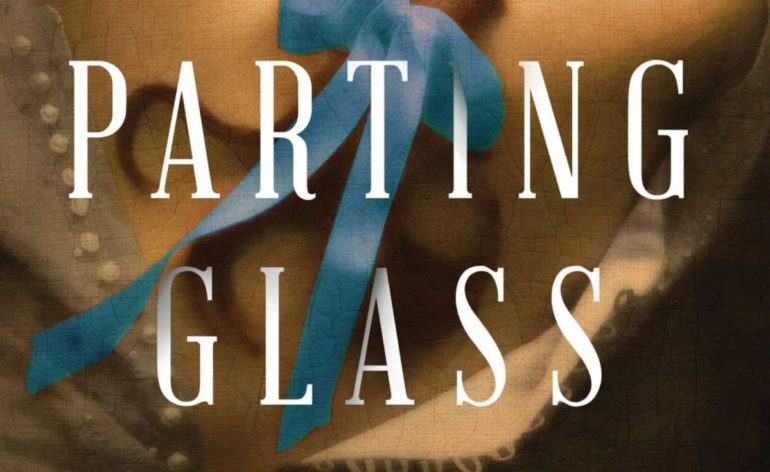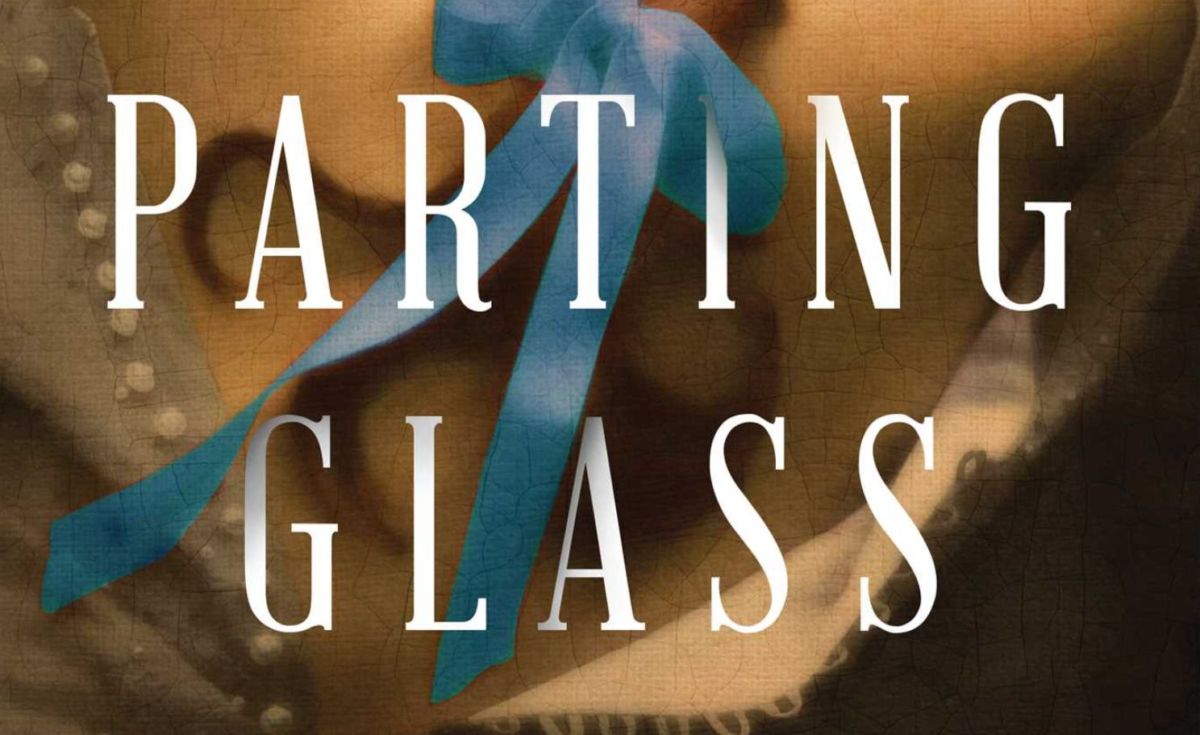Reading Guadagnino’s book is an acute reminder of the volatile occupation of being a woman in the 19th century, regardless of the social class you are born into. If a woman is from high society, she would have to deal with the marriage mart. This means ornamenting herself to hook a suitable man, and while it may be easy to ascertain his wealth and status (though at times this is possible to fudge if the man is sneaky enough), she never really knows the temperament of the man she is marrying until she is in his life and in his bed; it is of course too late to say no by then. Guadagnino very aptly uses the imagery of a battlefield to describe this space women find themselves having to navigate. To work to be accomplished, yet not too accomplished; all that smarts and talents have no use in the making of heirs.
“Warm light and capering shadows thrown from the windows of public houses and dance halls stained the snow, a mix of song and laughter escaping from behind the doors.”
For a woman of humble origins like Mary Ballard (originally Maire O’Farren), our protagonist and narrator, it means a life of working herself to the bone, though this never even amounts to a decent living. It is interesting to have Mary as a narrator, a marginalised voice brought to the forefront, though at times the poetry of her words seems to contradict her own personal experience with reading and writing. But there is no way around it I suppose; a third person narrator wouldn’t be the best choice for traversing such intimate, feminine spaces.
Women are held back in private spaces as well, where the embracing of one’s sexuality and desire can allow them control over their bodies, but with that experience of desire also comes the possibility of pregnancy, which would mean the devastation of an unmarried woman’s reputation. Love is not the norm but a fool’s errand, which both Mary and mistress discover, much to the detriment of their hearts.
“A whore will fill the needs of your body until you are spent, but she cannot help you spend the longing in your heart.”
It can’t be an easy thing to witness the object of one’s affection bestow their love upon someone else, especially if that someone else is one’s own brother. Guadagnino builds the conflict between Mary and Seanin (who adopts the name Johnny Prior) from the start, though I have to admit I suspected incest before jealousy on Mary’s part. It did surprise me that Mary was openly gay after we discover her secret affection, especially with her brother and the men of her acquaintance. There didn’t seem to be any struggle within her to remain closeted, which is strange given the increased sense of intolerance prevalent at the time. I suppose it makes for interesting commentary that she is more guarded about her Irish roots than she is about her sexuality.
To rid herself of her strong affection for her mistress, Mary turns to Liddie, a lady of the night who is refreshingly unapologetic about her job. She takes a shine to Mary and helps her with her emotional plight by igniting her body’s pleasure (though we discover there is more to this chance encounter later on). I felt almost shy reading their sex scenes, however I was forced to get over my prudish sentiment given the nature of the book and its need for transgression. Every social boundary erected is pushed by Guadagnino’s characters, be it that of social class or gender norms.
The novel then extends itself beyond the domestic space into the world of politics. I must commend Guadagnino’s efforts in trying to work context and history into the narrative as naturally as possible. She maneuvers a slip into Seanin’s perspective so that his masculine point of view (through a third person narrator) would allow us further insight into the world he has become a part of. However, my one critique is that the novel meanders a bit too much, where there really isn’t a central conflict besides the constant bubbling of a possible eruption of social unrest.
It jumps about fervently through the spaces it wishes to pursue, such that I am caught up in both the feminine and masculine space – though I find myself having no care for the latter. When the novel focuses on the former, that’s where it engages the most. I am drawn in by Ballard’s tale – as an immigrant and a lower class woman. While it examines a time long past, the novel’s themes feel very relevant to the current state of the world, where there is a wariness in dealings of who we believe to be the outsider. Ballard is able to fit in and gain employment because of her ability to cast off her Irish lilt, but at what cost? If names form the basis of identity, then who is Ballard now that she is no longer Maire? The exploration of the self is a luxury that no woman could really afford at the time.
This is a solid debut effort which fans of Sarah Waters’ Fingersmith will enjoy, and I hope Guadagnino capitalises on this momentum to give us more novels centred around such historical spaces, for she is clearly gifted in her prose and committed in her love affair with the setting. As far as historical fiction goes, Guadagnino has delivered. She accurately captures the chaotic, violent setting of 1830s New York, carefully layering and contrasting the worlds of the upstairs/downstairs. It is an amalgamation of Gangs of New York meets Downton Abbey, with a lush sexiness that is balanced by the examinations of the heart.
Review copy provided
Some of the coverage you find on Cultured Vultures contains affiliate links, which provide us with small commissions based on purchases made from visiting our site.


